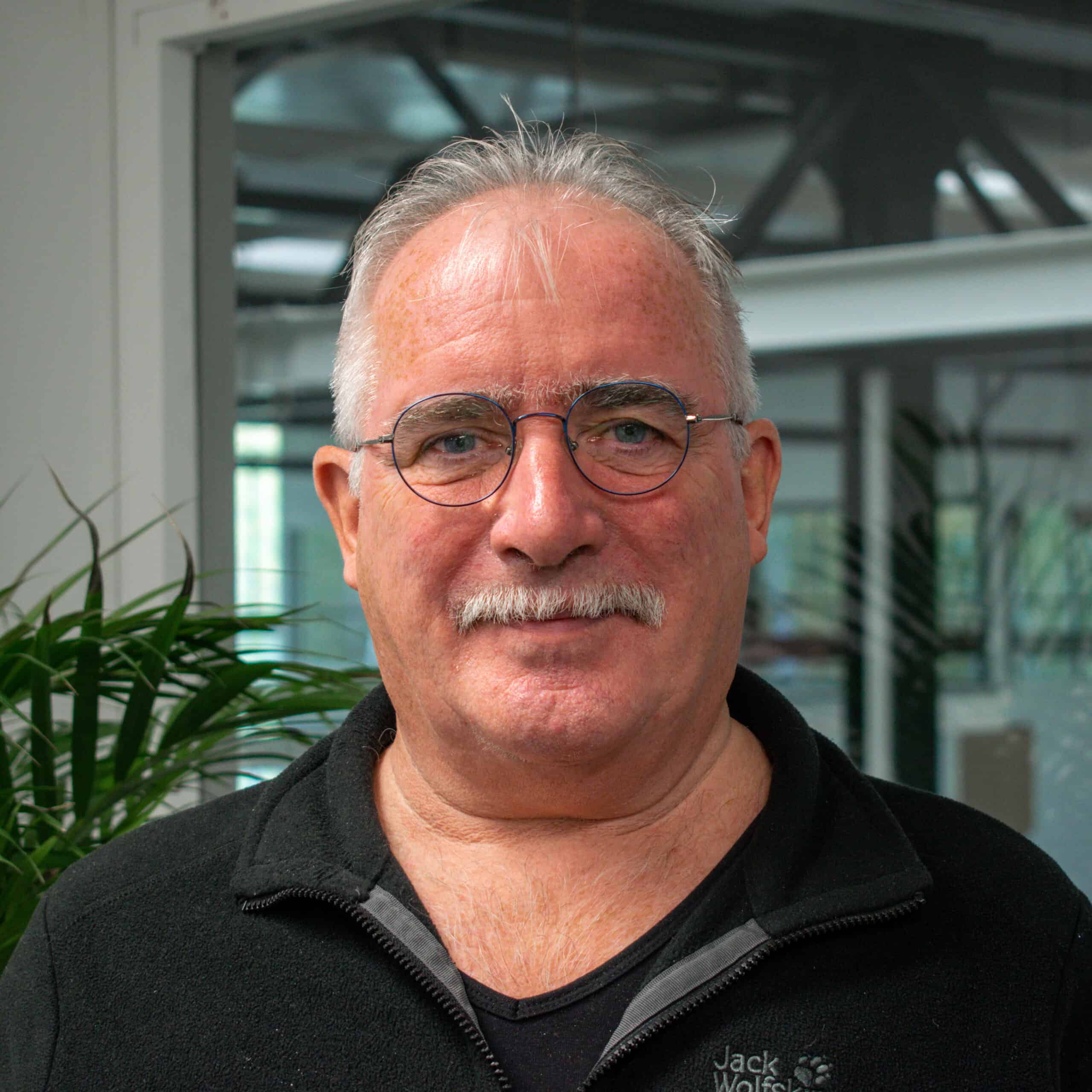
About Silbernetz
- Founders: Elcke Schilling
- Founded in: Berlijn, 2018
- Employees: 20 + 50 volunteers
- Money raised: Donations and subsidies
- Ultimate goal: -
Every year, thousands of new entrepreneurs over the age of sixty register with Chambers of Commerce across Europe. Innovation Origins spoke to a number of these grey innovative starters and asked them about their motives. This week, we portray them in a special senior edition of the Start-up of the Day series. Concluding the series today is the story of German former politician Elke Schilling. Read all the stories about the “silver starters” here.
The road to a business can be a long one. Sometimes for good reason. When the now 77-year-old Elke Schilling founded the contact organization Silbernetz in Berlin over 3 years ago, she knew that one day this association would have to become a non-profit company with a social purpose (a so-called gGmbH). It was only in 2020 that the time was ripe; 30 people have since been employed and the organization is also supported by a group of 250 volunteers.
How did you come up with the idea for Silbernetz?
“Over a very long period of time, there were just some very moving and poignant events that drew me to the issue of loneliness in old age. One in particular was the unnoticed death of my closest neighbor, who had rejected my offer of help months earlier. The experiences I had as a senior representative between 2011 and 2013 also prompted me to look for solutions to the problems surrounding loneliness in old age. Did you know that in Germany, around 7 million people between the ages of 60 and 85 are affected to a greater or lesser extent by loneliness?”
How does it work?
“Silbernetz was set up along the lines of the Silver Line Helpline, which had it’s pilot in Manchester in 2013. We have three different lines. The Silbertelefon is a telephone service for people over 60, which can be reached daily from 8am to 10pm to just talk to someone. Then we have the Silbernetz-Freund*innen for a weekly personal chat with an older person who would like that and there is Silberinfo, where people can get information about support and other services for senior citizens.”
What have you accomplished so far?
“We went live in Berlin on September 24, 2018 and have been active throughout Germany since March 16, 2020. There are about 50 volunteers at the Silbertelefon in various locations in Germany. Calls with 150 to 300 people take place on a daily basis. We provide information about counseling services, support in the living environment, etc., for about every fifth call. Roughly 170 volunteer Silbernetz-friends call an elderly person once a week for a private chat. Since the start of the Zilvernet, we have received about 250,000 calls, handled around 400 requests from older people for Silbernetz-Freund*innen, and trained around 300 Silbernetz-friends.”

“In order to set up Silbernetz on a lasting basis, we founded Silbernetz INKLUSIVE gGmbH in 2020. It is considered an inclusive company, as a large proportion of our employees have physical disabilities. From the outset, we have wanted to permanently employ people with disabilities or people who have a significant distance to the labor market. We believe that through permanent employment, people feel much more engaged with the company.”
What is the advantage of this kind of social private company?
“We brought in our permanent employees through the state employment service. There were subsidies available for people with physical disabilities and people who were distant from the labor market. Consequently, we had hardly any wage costs for the first 3 years. However, the subsidy amount is reduced incrementally each year. Ultimately, you would have to dismiss these people after three years and start a similar process with new employees. That did not seem fair to us. That is why, from the very beginning, we aimed to turn the volunteer organization into a proper company. But an inclusive Ltd company, which is financially supported by the German government. But then this kind of so-called ‘gGmbH’ also needs to be economically viable. This is what we have been working towards in the years leading up to its establishment in 2020. All profits will flow right back into the company.”
What has entrepreneurship brought you?
“When you are retired, you have to take care of your own self-esteem. People in retirement are ‘resting,’ as they say. I find ‘resting’ pretty darn boring. I’ve been very active all my life. I think it’s a shame that everything that I am capable of doing is no longer being put to use. And what better way to apply that to a project that you started entirely by your own free will?”
Also interesting: Sensors in your smartphone as an interactive story source
“I am a mathematician by trade. I spent most of my life before retirement working in the IT sector. And I did that at a wide variety of companies. This ranged from healthcare, chemistry to engineering and the agricultural sector. From 1994 to 1998, I was State Secretary for Women’s Politics in the state of Saxony-Anhalt. While there, I tried to change things that I didn’t like. After that, I was a freelancer. Once I received a pension, it provided me with a stable income basis. And that gave me the opportunity to start doing what I really love and care about.”
Would you recommend that everyone should start something new later on in life?
“It’s not about starting something new after you retire. But you should start doing something that brings you a sense of satisfaction. According to neuroscientists, your brain doesn’t age as long as you can still get enthusiastic about something. And this company gets me really enthusiastic.”

